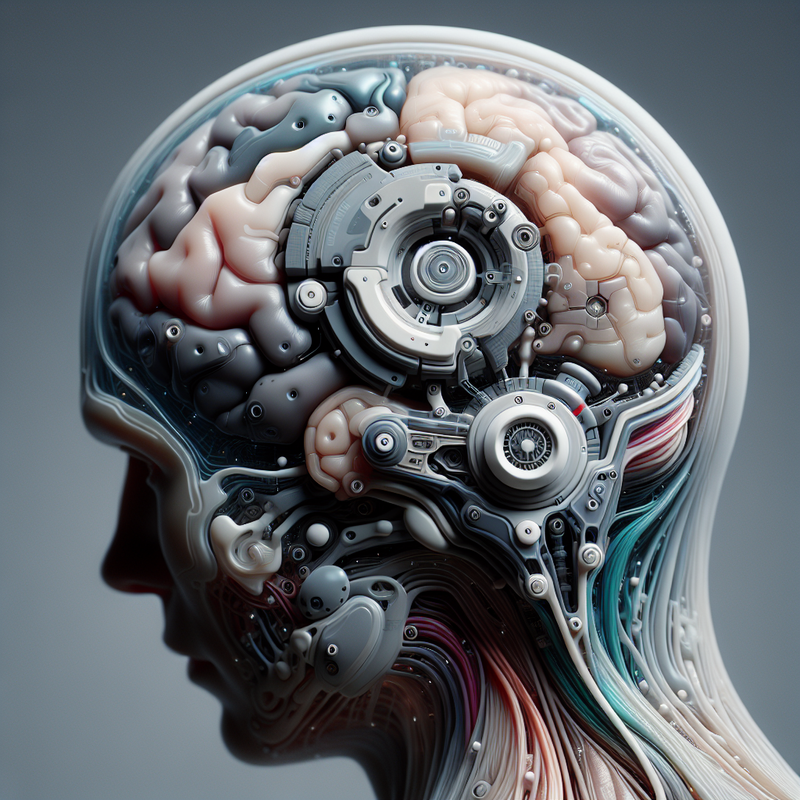Harnessing Neurotech: The Cutting Edge of Health and Artificial Intelligence
Neurotech’s Remarkable Medical Breakthroughs
The fusion of neurotechnology with the evolving field of artificial intelligence (AI) heralds a new era in medical science, providing life-changing communication methods for those afflicted by severe conditions. The pursuit of medical neurotech spans many years, with a focus on implantable devices that read neural signals and convert them into tangible actions or spoken words. A prime example is the Stentrode device, an innovation by Synchron supported by tech moguls such as Jeff Bezos of Amazon and Bill Gates of Microsoft. This device has empowered individuals, like Rodney who battles ALS, to navigate a computer interface using only his mind.
Market research by Precedence Research underscores the significance of the neurotech device sector, valuing it at about $15 billion as of 2023, with forecasts showing a potential rise to upwards of $55 billion by 2032. Major technology firms are increasingly drawn to this field, with powerhouses like Meta and Apple delving into non-invasive neurotech solutions that may redefine consumer technology.
Consumer Neurotech: Big Tech’s Visionary Pursuits
Leading the charge in R&D, companies are working to devise cognitive devices that decode mental processes and thoughts. Notably, Apple has secured a patent for AirPods that integrate EEG technology to monitor brain waves. Similarly, Meta’s Fundamental AI Research (FAIR) team pursues a deeper understanding of human language processing, thereby accelerating progress. Meta showcased an AI that could recreate visual images participants were thinking about, a rudimentary step toward actualizing thought-reading capabilities, even though the recreations were not perfect.
Elon Musk’s Neuralink is a key player as well, with the inaugural human implant of its brain-computer interface (BCI), equipped with an extensive array of electrodes and threads. Some threads experienced minor retractions inside the brain. Nevertheless, Neuralink maintains the device’s performance is unaffected.
Navigating Concerns Around Mental Privacy and Data Protection
The aggressive foray of Big Tech into neurotech spawns critical questions about mental privacy preservation. Leading tech ethicist and writer Nita Farahany posits that our inner thoughts could be the final frontier of privacy in our increasingly exposed society. Experts like Dr. Rafael Yuste, neuroscience professor at Columbia University, stress the lack of oversight in managing mental data, comparing the current landscape to a “Wild West” scenario.
To address such concerns, legislators are beginning to draft protective measures. Colorado has pioneered the inclusion of neurorights in its privacy legislation, paving the way for similar protections across the United States. Legislative undertakings in California and Minnesota seek to safeguard private thoughts and prevent unauthorized acquisition of brain data. These actions embody the quest to strike a balance between technological advancements in medicine and the sanctity of cognitive freedom.
In conclusion, neurotechnology bears vast possibilities for medical and consumer realms alike. Yet, as we stand on the brink of this new AI domain, there are critical considerations to be weighed concerning mental privacy and the ethical limits of this nascent technology.
















